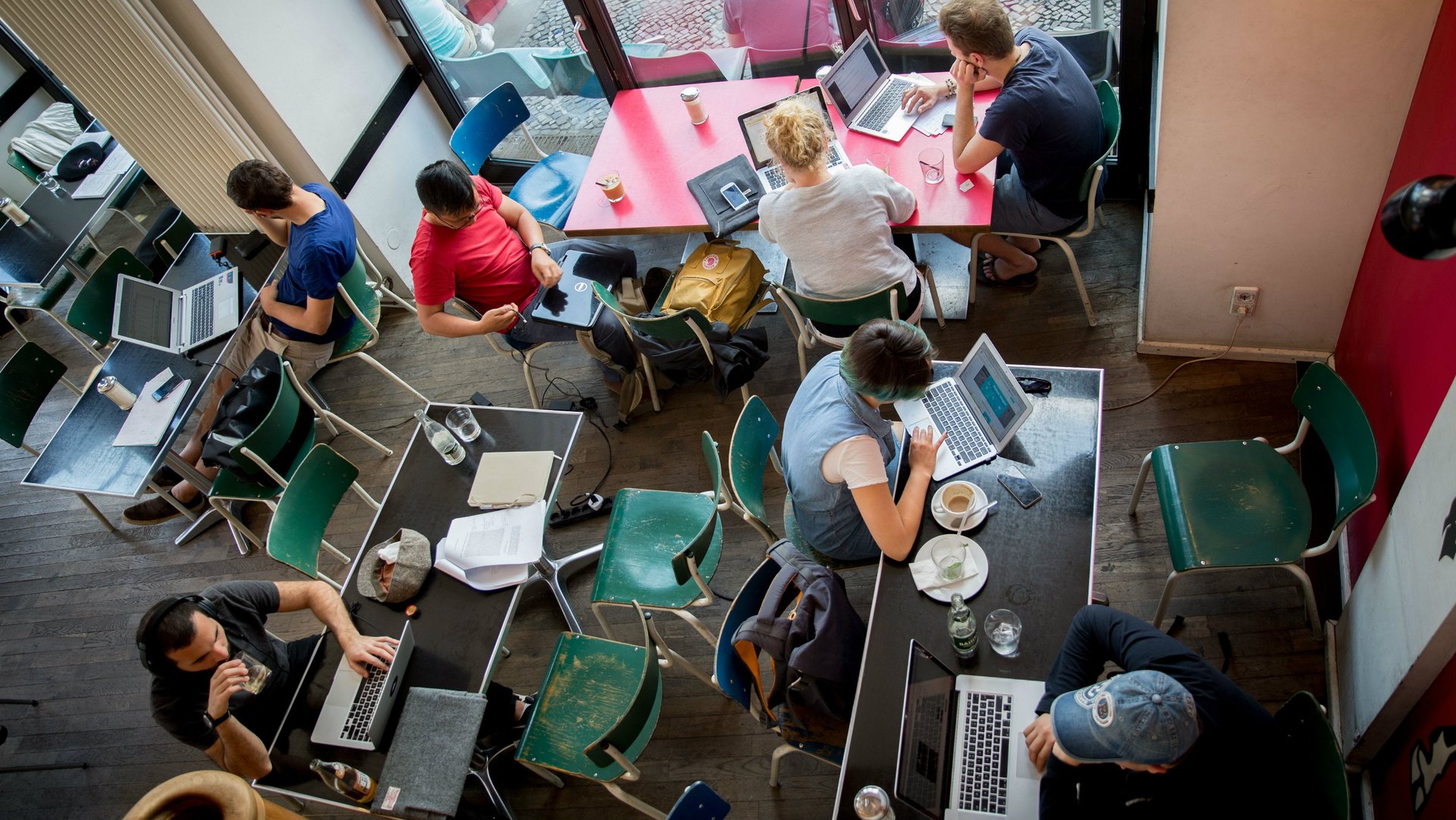The unique legal concept that led to Germany’s weird wifi laws
Germany is about to get a lot more free wifi. One of the country’s highest courts has upheld a 2017 law designed to put an end to the effect of a peculiar legal concept known as Störerhaftung as it applies to public wifi networks.


Germany is about to get a lot more free wifi. One of the country’s highest courts has upheld a 2017 law designed to put an end to the effect of a peculiar legal concept known as Störerhaftung as it applies to public wifi networks.
For more than a decade, Störerhaftung—most commonly translated as “interferer’s liability”—meant that providers of public wifi could be held liable for copyright infringement committed by users of their networks. That had an obvious chilling effect: By some measures, Germany, the EU’s largest economy, has around half the number of cafes with free wifi hotspots per capita than countries like the UK, Austria, and Sweden.
The court ruling means that, at long last, German businesses can be confident that the law will protect them from prosecution for such copyright infringement.
Störerhaftung, a long-established German legal concept that applies far beyond intellectual property law, essentially gave rise to one of the most stringent secondary copyright infringement regulations in the world. In most jurisdictions, you commit copyright infringement if you willingly and knowingly participate in the unlicensed distribution of copyrighted material. However, in Germany you faced punishment until recently for being an “interferer” in wrongdoing—someone who contributes to copyright infringement without being a perpetrator or participant.
This notion is not unique to Germany. In the 1970s, Sony was taken to court by US studios (paywall), who argued that the electronics company’s home video recording device Betamax ran afoul of copyright law, since it allowed people to make copies of television shows. In 1984, the US Supreme Court decided, however, that it did not constitute copyright infringement in a ruling now known as the “Betamax case.”
“Essentially, the typical bar is whether you are creating or providing a thing where its only function is to infringe copyright,” says Eoin O’Dell, a copyright expert at Trinity College Dublin. Napster famously lost its case against A&M Records (paywall) for providing a service that was almost exclusively used for infringing music copyright.
“Simply having your wifi on definitely wouldn’t meet the Napster standard,” says O’Dell. “That’s where the German law went much further.”